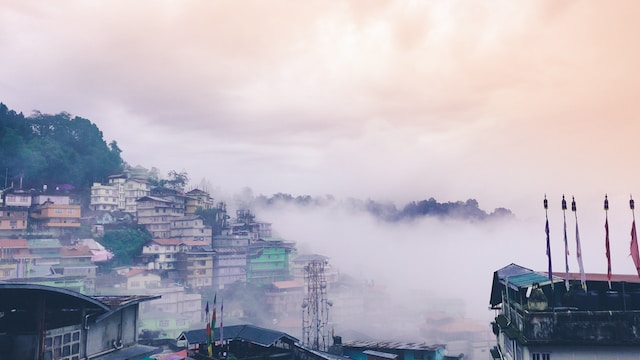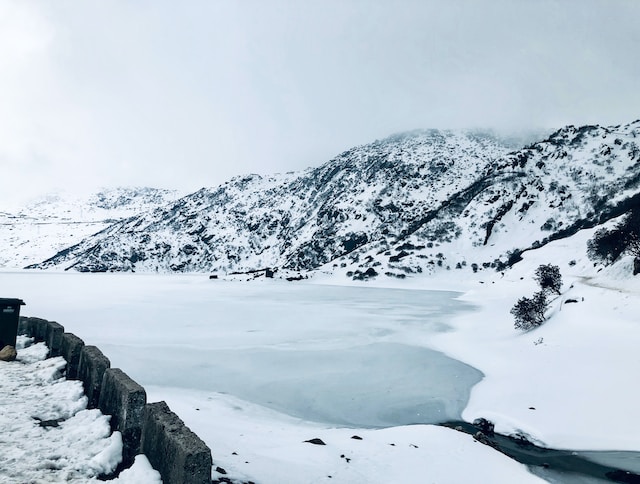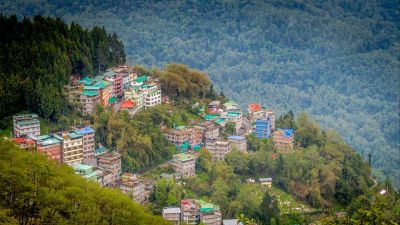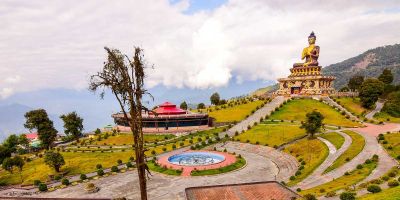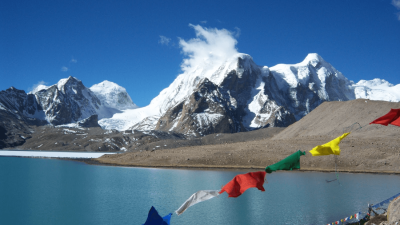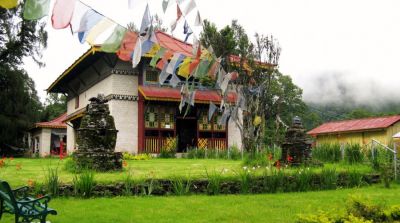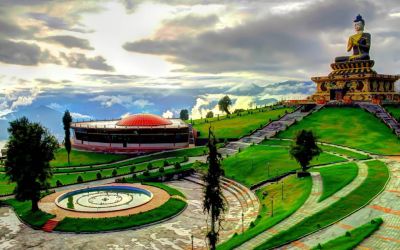Know Darjeeling: Essential Travel Etiquettes to Follow
Darjeeling, located in the Indian state of West Bengal, is a popular hill station that offers breathtaking views of the Himalayas, lush tea gardens, and a charming colonial atmosphere. Whether you are visiting for a relaxing getaway or to explore the stunning landscapes, it is important to be aware of the local customs and etiquettes to ensure a pleasant and respectful experience. Here are some essential travel etiquettes to follow when visiting Darjeeling:
1. Greetings and Respect
In Darjeeling, as in the rest of India, it is customary to greet others with a respectful "Namaste" or a handshake. This gesture conveys politeness and shows that you acknowledge and respect the person you are interacting with. When entering a religious place, like a temple or monastery, it is important to remove your shoes and dress modestly as a sign of respect for the local customs.
2. Dress Appropriately
Darjeeling has a mix of traditional and modern culture, and it is important to dress modestly and comfortably. Avoid wearing revealing clothes, especially when visiting religious sites, as it may be considered disrespectful. Wearing lightweight and breathable clothing is advisable due to the cooler climate in Darjeeling.
3. Language and Communication
Most of the locals in Darjeeling speak Nepali, Bengali, and Hindi. While English is widely spoken in tourist areas, learning a few basic phrases in the local language can be helpful and shows respect for the local culture. Simple greetings like "Namaste" (Hello) and "Dhanyabad" (Thank you) can go a long way in connecting with the locals and making them feel appreciated.
4. Tipping Culture
In Darjeeling, tipping is not mandatory but appreciated. If you receive exceptional service at a hotel, restaurant, or from a tour guide, it is customary to leave a tip. The amount of the tip can vary depending on the level of service, but a general guideline is around 10% of the total bill.
5. Photography Etiquette
Darjeeling is filled with stunning landscapes, colonial architecture, and colorful markets that are perfect for photography enthusiasts. However, it is important to be respectful and always ask for permission before taking someone's photograph, especially when photographing locals or inside religious sites. It is also advisable to avoid taking pictures of sensitive areas or people without their consent.
6. Bargaining
Darjeeling is famous for its bustling markets and shops selling tea, handicrafts, and local produce. While bargaining is common in these markets, it is important to do so respectfully. Start by negotiating politely and be prepared to settle at a fair price that is acceptable to both parties. Remember that the locals depend on tourism for their livelihood, so it is important to avoid excessive haggling or seeking unreasonable discounts.
7. Environmental Conservation
Darjeeling is known for its pristine natural beauty, and it is crucial to preserve and protect the environment during your visit. Avoid littering, use eco-friendly products, and respect the local flora and fauna. Be mindful of your actions and leave no trace behind, so that future generations can also enjoy the beauty of Darjeeling.
In conclusion
By following these essential travel etiquettes, you can have a more enriching and respectful experience during your visit to Darjeeling. Remember to always be polite, respectful, and open to learning about the local culture. The people of Darjeeling are known for their warmth and hospitality, and by respecting their customs, you can create lasting memories and forge connections with the locals.
If you found this guide helpful, please share it with your friends and fellow travelers to spread awareness about the travel etiquettes in Darjeeling. Let's all contribute to creating a positive and respectful tourism experience in this beautiful hill station!
Disclaimer : The information provided in this blog is for general informational purposes only. While we strive to keep the content accurate and updated, TravelSetu assumes no liability for errors or omissions. If you believe any part of this blog infringes your rights or causes concern, please notify us immediately at info[at]travelsetu[dot]com so that appropriate action can be taken.

